Current NISGUA accompanier Meredith Wilkinson shares the journey that brought her to accompaniment and the lessons she’ll take away. She invites others to join NISGUA’s cross-border work for justice through the Guatemala Accompaniment Program. If you’re interested in being a part of our 2019 Accompanier Cohort, we call on you to apply by March 15!

Accompaniers are present in a variety of settings, from activists’ homes to courtrooms to marches to meetings. Photo Credit: ACOGUATE
I first came to Guatemala in 2015 to study Spanish and learn about Guatemalan history and the ways in which U.S. interventionism has shaped it. During this time I met a few NISGUA accompaniers and was intrigued by the concept of international accompaniment. My involvement in immigrant rights movements and border solidarity work near the US-Arizona border, and later in prison abolition and anti-racist organizing spaces in Chicago, left me with a deep desire to bring an internationalist perspective into my organizing against oppression.
Aside from being an organizer, I am also a social worker. In my work, I am often frustrated by the ways in which well-intentioned services and organizations get trapped in the same structures of patriarchy, colonialism, and white supremacy that create the social problems by which individuals and communities with whom we work and organize are most adversely impacted.
Amidst these doubts, I began to reflect upon what I knew about accompaniment: the emphasis on lifting up the strategies and experiences of those most impacted; the acknowledgment and conscious leveraging of privilege; and the long-term goal of bringing about structural change – fundamental tenets that transform the ways that social work and movement work is carried out. I asked myself: What would it be like to consider bringing together my experiences and desire for radical changes in the spaces I work, live, and organize?
As a part of the NISGUA community, I have the chance to be part of crucial moments, both big and small, which form part of long histories and continuing futures of resistance. My commitment to this work will not end when I finish my nine months of accompaniment. After leaving Guatemala, as an organizer and a social worker, I will hold the importance of connecting struggles across borders – facilitating dialogue between communities in Chicago organizing to end mass incarceration, and resistances in Jalapa, Guatemala standing against a life-destroying mining project and being criminalized for that resistance. My experience here has filled me with an ever-deepening commitment to grounding my life’s work in cross-border struggles for a more just world.
Will you join me?
For more information on how you can become an international accompanier or to apply, click here!

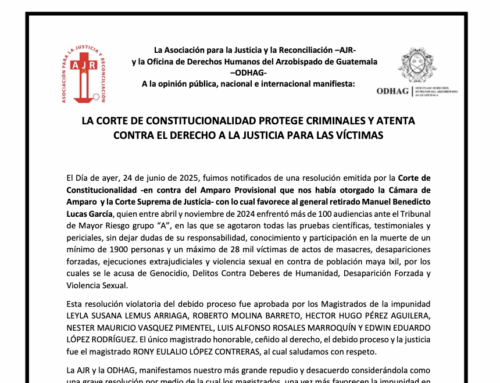
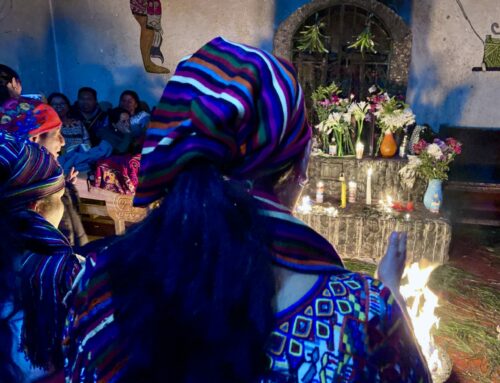
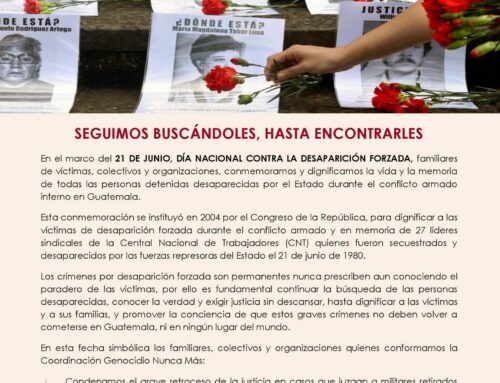
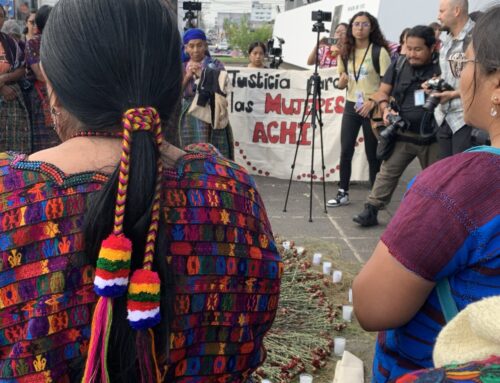
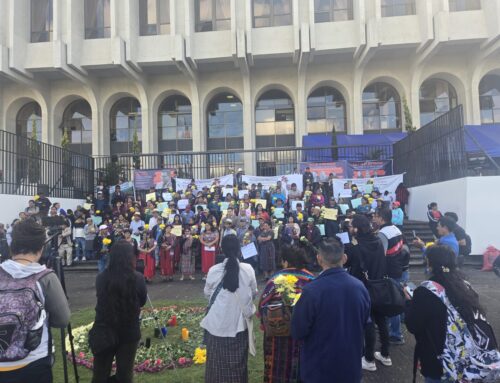
Leave A Comment